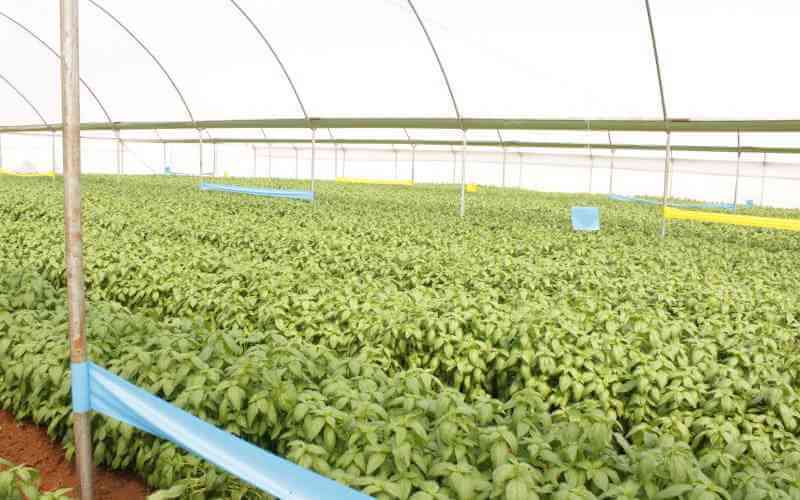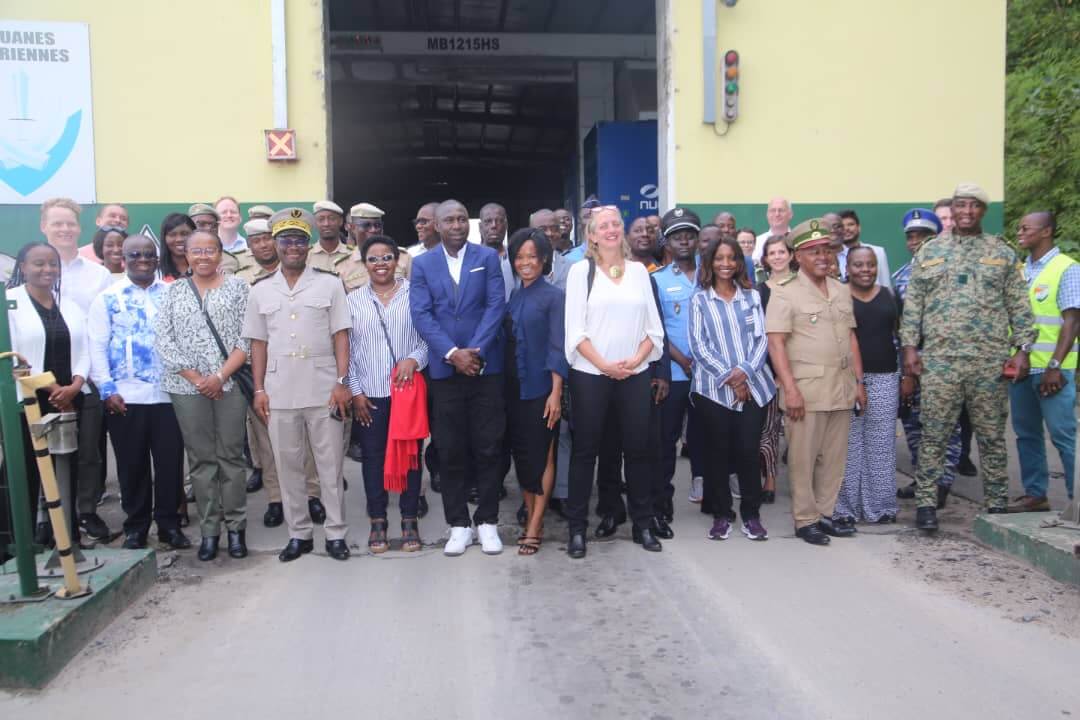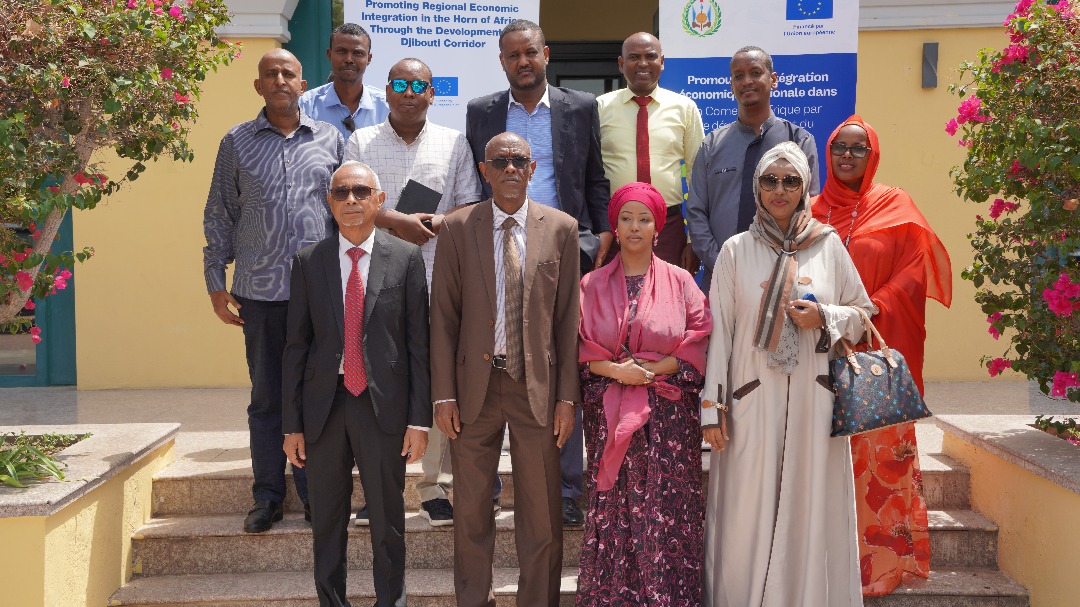Par Allen Asiimwe, Directeur général adjoint et Responsable des programmes, TradeMark Africa Lors de la conférence GTR Afrique de l'Est 2025 qui s'est tenue cette année à Nairobi, j'ai participé à une table ronde opportune sur le thème "Croissance du commerce et investissements dans les infrastructures : L'opportunité pour l'Afrique de l'Est de prospérer dans le nouvel ordre mondial". Cette conversation n'aurait pas pu avoir lieu à un moment plus critique. L'économie mondiale est en transition. Les hypothèses commerciales de longue date sont en train d'être redéfinies et les règles traditionnelles d'engagement sont en train de changer. Rien qu'en 2023, les pays du G20 ont introduit plus de 1 160 nouvelles restrictions commerciales (Global Trade Alert, 2023). Les réglementations liées au climat redessinent l'accès aux marchés internationaux. L'aide publique au développement diminue et le financement multilatéral de la lutte contre le changement climatique reste incertain. Les régimes tarifaires sont de plus en plus fragmentés et politisés. Ces évolutions exigent de repenser fondamentalement la manière dont l'Afrique se positionne dans l'ordre économique mondial. Pour l'Afrique de l'Est, cette remise à zéro mondiale n'est pas une menace, mais une opportunité catalytique de réimaginer le commerce. Selon les Nations unies pour le commerce et le développement, bien que la région ne contribue qu'à deux ou trois pour cent du commerce mondial, elle est exposée de manière disproportionnée aux chocs mondiaux. Des changements tarifaires aux impacts climatiques négatifs, l'Afrique de l'Est est confrontée à des vulnérabilités importantes. Toutefois, ces pressions incitent également la région...
L’Afrique de l’Est doit saisir l’occasion du commerce dans un ordre mondial en mutation
Posted on: June 26, 2025
Posted on: June 26, 2025





















